Delegates proposed adding a mechanism for the Prime Minister to supervise ministers. If a minister fails to fulfill his duties, the Prime Minister has the right to propose to the National Assembly a vote of confidence or take measures to rectify the activities of that ministry.
On the morning of February 14, the National Assembly discussed in the hall the draft Law on Government Organization (amended). Many delegates were interested in the provision that "The Prime Minister shall not decide on specific issues under the responsibility of ministers".
Fireworks are also assigned to the Prime Minister, so where is the time to govern the country?
Delegate Thach Phuoc Binh (Deputy Head of the Tra Vinh Delegation) expressed his agreement and appreciation for the amendment and supplementation of the Law on Government Organization to meet the requirements of tasks in the new period of innovation, creativity and growth of the nation.
Regarding the regulation "The Prime Minister does not decide on specific issues under the responsibility of ministers", Mr. Binh said that this regulation does not clarify the Prime Minister's control mechanism over ministers in case the minister does not effectively perform the assigned tasks.
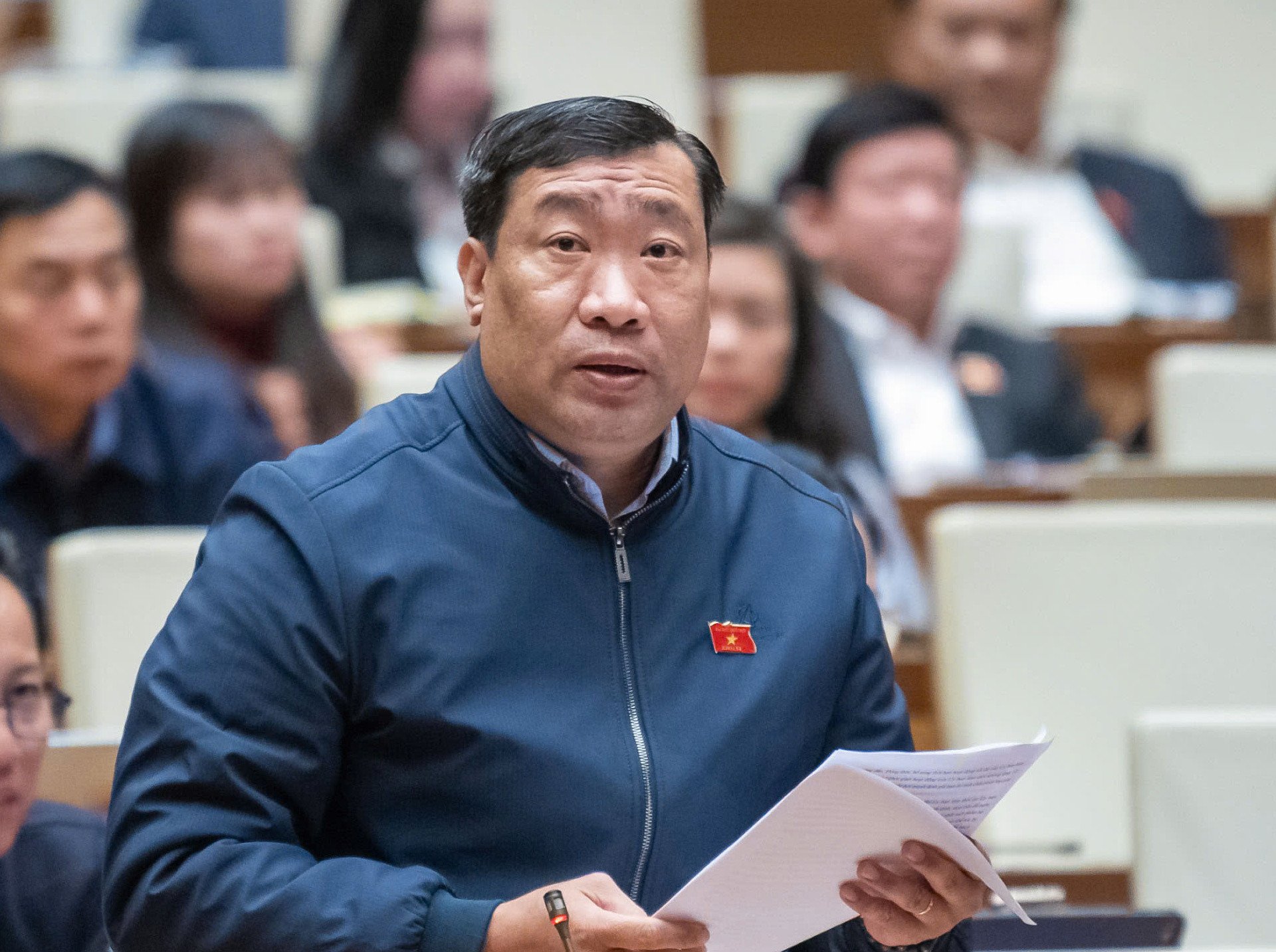
“In reality, there have been many cases where ministers have been criticized for not completing their tasks, but the handling of responsibilities has not been clear.
I propose to add a mechanism for the Prime Minister to supervise ministers. For example, if a minister fails to fulfill his duties, the Prime Minister has the right to propose to the National Assembly to vote for confidence or take measures to rectify the activities of that ministry,” Mr. Binh suggested.
Expressing high agreement with the regulation that "The Prime Minister does not decide on issues and work of ministers and heads of ministerial-level agencies", delegate Le Xuan Than (Khanh Hoa Delegation) said that this is consistent with the role and capacity of governing the national administration.
“Decree 137/2020 still assigns the Prime Minister to decide on fireworks displays at festivals, which means that even very small official tasks are still assigned to the Prime Minister. If this continues, the Prime Minister will no longer have time to do national governance work,” Mr. Than cited.
''The government should not take on too much work''
Delegate Tran Quoc Tuan (Tra Vinh Delegation) was interested in the regulation on decentralization: "Local authorities are allowed to propose to competent authorities to consider and decide on decentralization to localities when they have sufficient conditions and necessary capacity."
“I think this is a new way of thinking of the Party and State leaders that has been legalized, which many localities are currently in dire need of to free up resources that are being held back by bottlenecks in mechanisms and policies, in order to serve socio-economic development in the coming time,” Mr. Tuan emphasized.
However, this delegate is concerned that it is extremely difficult to organize and implement smoothly and thoroughly these decentralization contents.
Because in reality, recently, leaders of many localities have made written proposals to competent authorities or made direct recommendations and proposals at meetings of Party and State leadership delegations working with localities...
After that, there were announcements of conclusions and directions from Party and State leaders at those meetings, but they could not be implemented. The reason was that representatives of competent authorities said that those contents had not been regulated to be decentralized to localities for implementation.
“In the end, the bottleneck is just a bottleneck,” Mr. Tuan said.
Therefore, delegates from Tra Vinh province proposed that it is necessary to supplement regulations on the responsibilities of ministers and heads of ministerial-level agencies as members of the Government, submit to competent authorities for consideration and decision on decentralization to localities when there are sufficient conditions and necessary capacity, and at the same time, it is necessary to supplement regulations to closely monitor this content.
"Only then will decentralization be truly effective and bottlenecks be removed, and resources can be best released to serve the country's socio-economic development," said delegate Tuan.
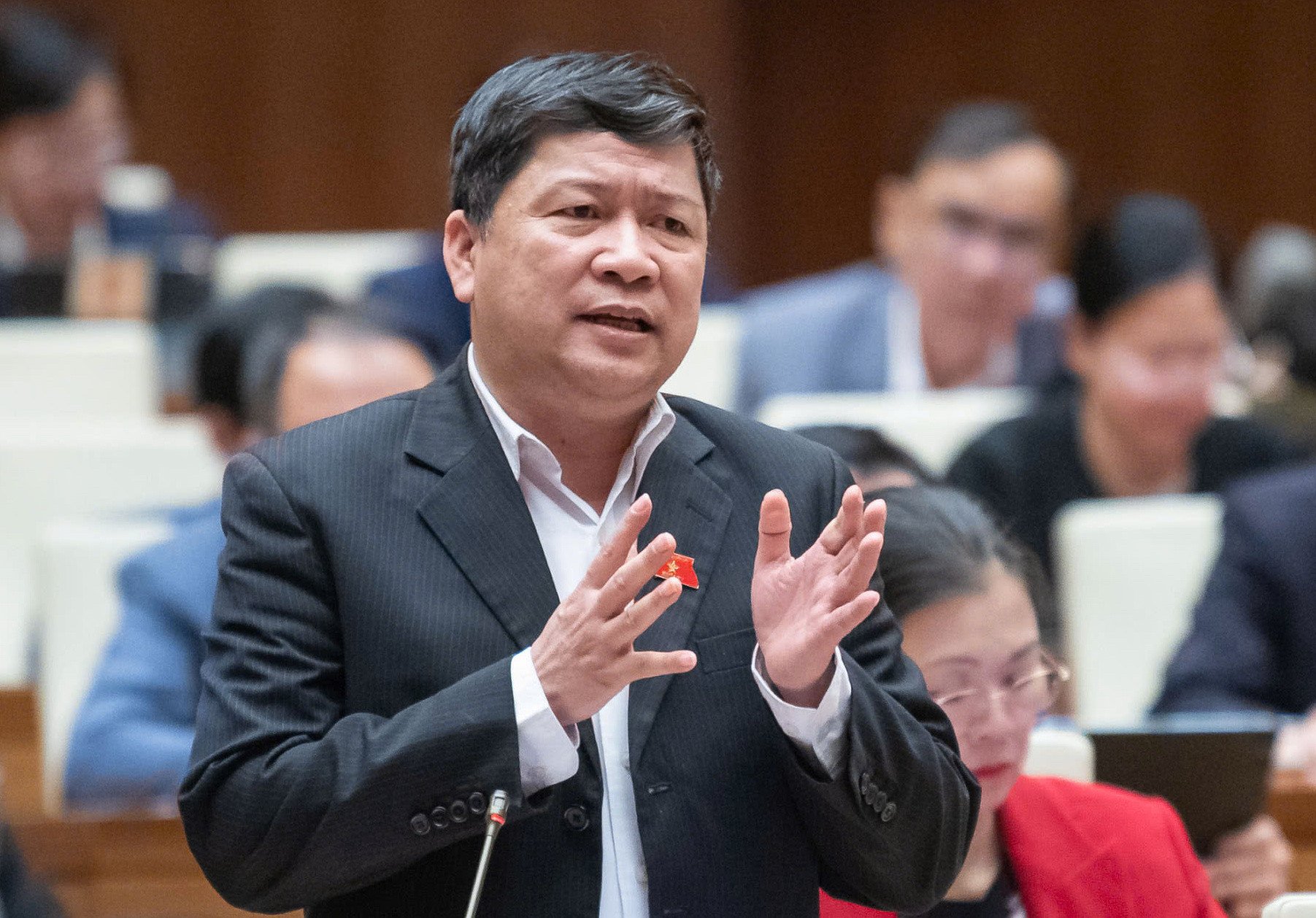
Vice Chairman of the Committee for Culture and Education Ta Van Ha emphasized that there are many factors to streamline the apparatus and staff, but one of the important things is that the State should not take on too much work.
"If we still have to take on too much work and focus on state management, we will definitely have to create people to do it and have an agency to take responsibility," Mr. Ha analyzed, saying that what society and the private sector can do should be left to society.
According to him, the State allocates resources to do other leading work, taking care of national defense, security, social security, things that the private sector cannot do.
"If we keep doing everything like this, we won't be able to do anything with peace of mind, and we will have to do everything, which won't work," Mr. Ha once again noted and cited the Notary Law, which had a completely different effect after allowing the private sector to do it.
Explaining later, Minister of Home Affairs Pham Thi Thanh Tra accepted the delegates' opinions to continue perfecting the best bill to submit to the National Assembly for approval.
Going into the content of the delegates' concerns, the Minister said that this draft Law is designed to promote national governance. In fact, this is not a new issue, but a world trend that has been implemented for a long time. The Central Resolution also clearly stated the need to continue promoting national governance.
Regarding the issue of decentralization, delegation and authorization that many delegates are interested in, the Minister said that this is a new, important and core provision to create a legal corridor for all laws, sub-law documents and specialized laws to follow this principle.
The Minister cited that, after reviewing 257 laws, there were 177 laws regulating the authority of ministers and heads of ministerial-level agencies; 152 laws regulating the authority of the Prime Minister; 141 laws regulating very specifically the authority of People's Councils and People's Committees; and 92 laws regulating very specifically the authority of all levels of government.
"Then how can we implement the principles of decentralization, delegation and authorization?", Ms. Tra expressed.
According to the Minister of Home Affairs, this law is the original law, setting out the principles in the organization and operation of the Government. Therefore, all specialized laws; all ministers and heads when advising on the drafting of legal documents must follow the principles of this law.
In addition, Ms. Tra affirmed that the bill closely followed the Party's policies and the Constitution's basis to clearly and distinctly demonstrate the duties and powers of the Government, Prime Minister, ministers, and heads of ministerial-level agencies as members of the Government.
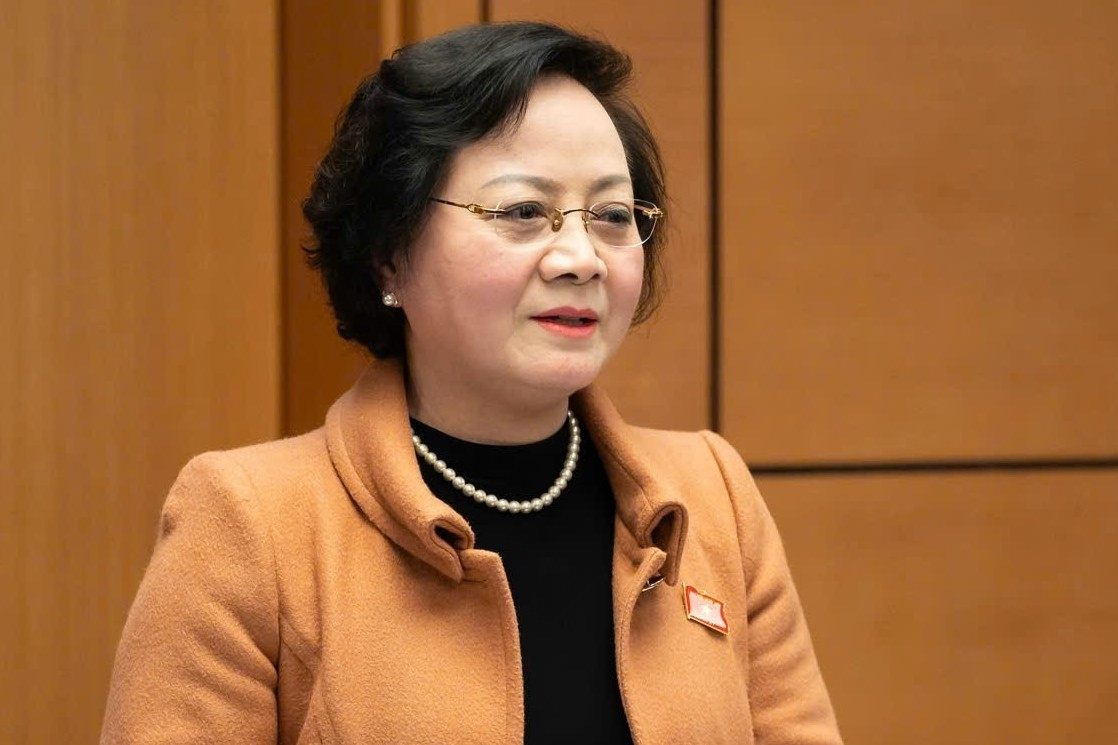
Home Minister talks about two historic bills, a breakthrough in legislative thinking
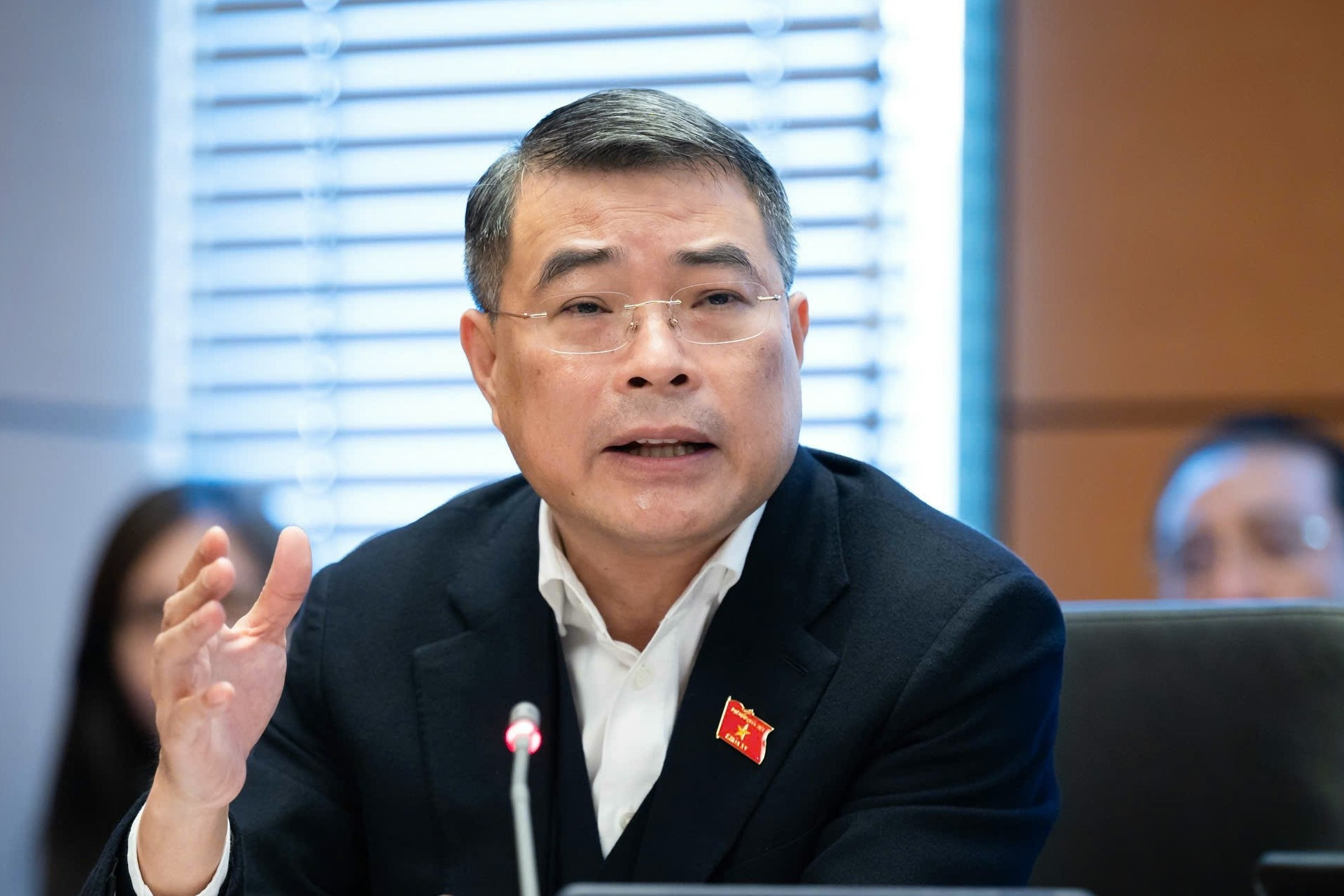
Head of the Central Organizing Committee: After abolishing the district-level police, we will calculate the apparatus of the People's Procuracy and People's Court.
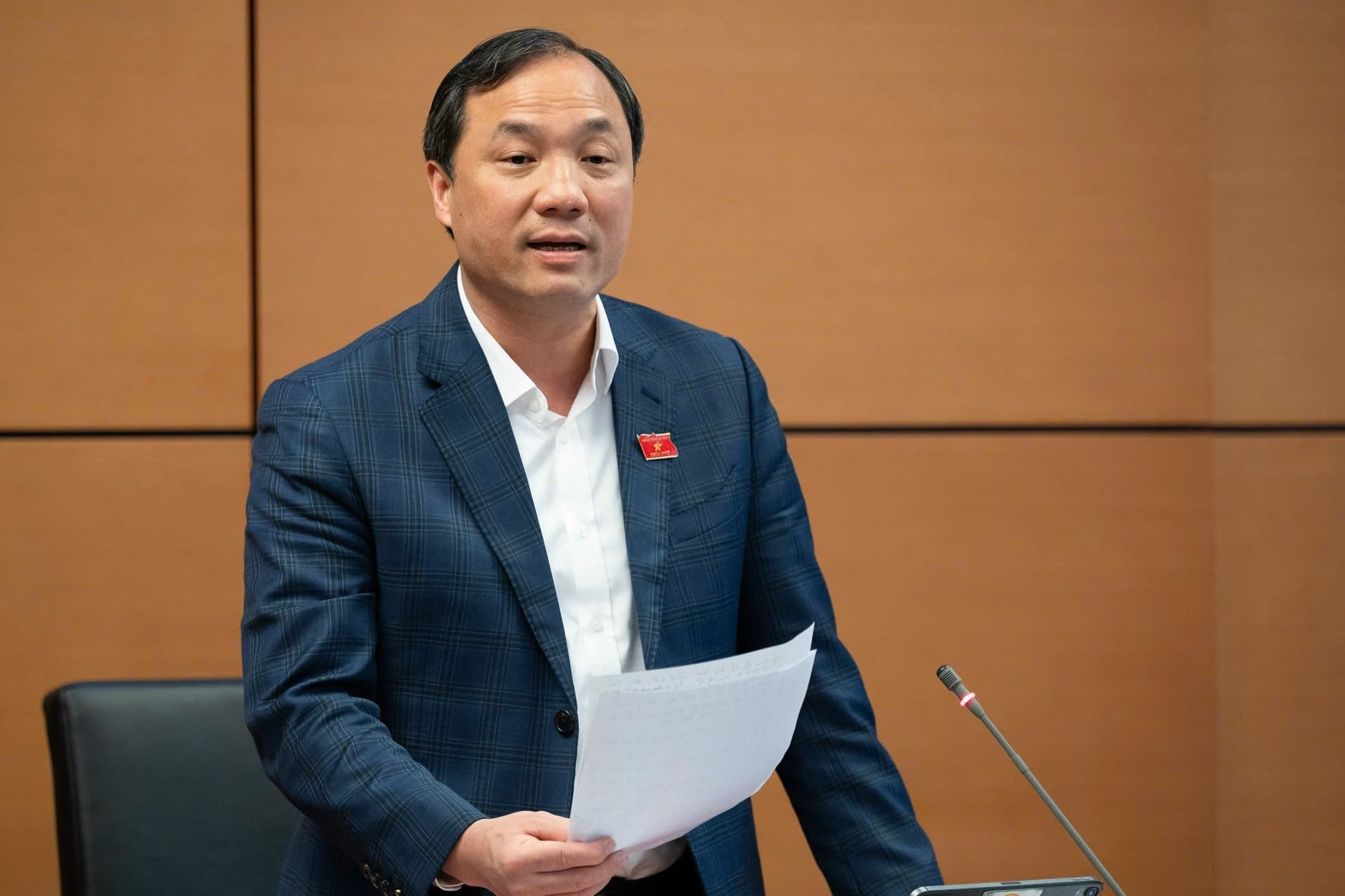
Same early retirement age but one side gets more money than the other
Source: https://vietnamnet.vn/de-xuat-thu-tuong-co-quyen-kien-nghi-quoc-hoi-bo-phieu-tin-nhiem-voi-bo-truong-2371316.html



![[Photo] Fall Fair 2025 and impressive records](https://vphoto.vietnam.vn/thumb/1200x675/vietnam/resource/IMAGE/2025/11/03/1762180761230_ndo_br_tk-hcmt-15-jpg.webp)
![[Photo] Prime Minister Pham Minh Chinh receives the Chairman of the Japan-Vietnam Friendship Association in the Kansai region](https://vphoto.vietnam.vn/thumb/1200x675/vietnam/resource/IMAGE/2025/11/03/1762176259003_ndo_br_dsc-9224-jpg.webp)
![[Photo] General Secretary To Lam receives Singaporean Ambassador Jaya Ratnam](https://vphoto.vietnam.vn/thumb/1200x675/vietnam/resource/IMAGE/2025/11/03/1762171461424_a1-bnd-5309-9100-jpg.webp)

![[Photo] Lam Dong: Close-up of illegal lake with broken wall](https://vphoto.vietnam.vn/thumb/1200x675/vietnam/resource/IMAGE/2025/11/03/1762166057849_a5018a8dcbd5478b1ec4-jpg.webp)
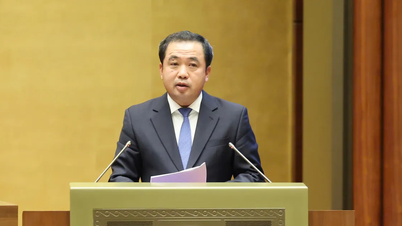

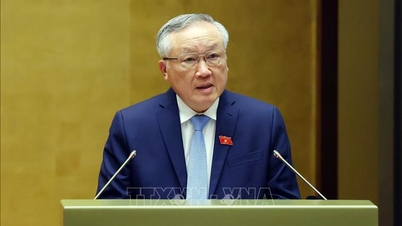

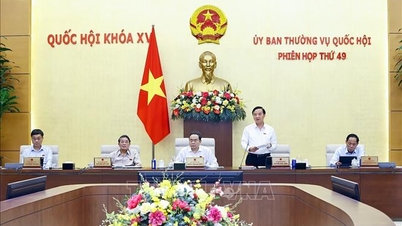
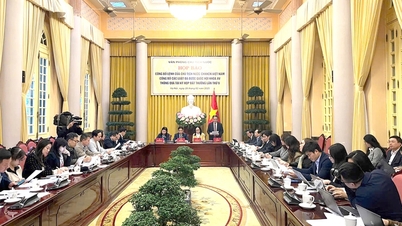
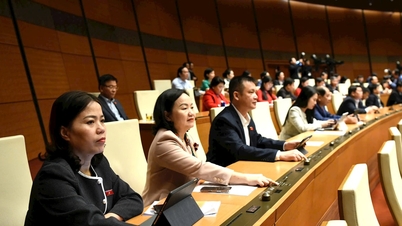

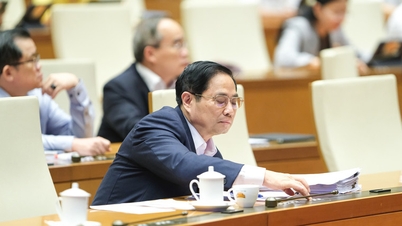
























































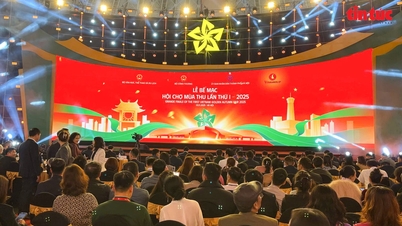


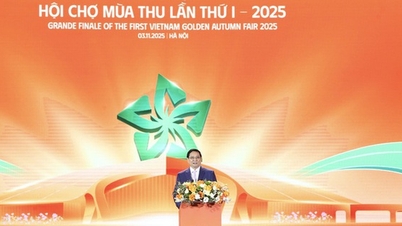



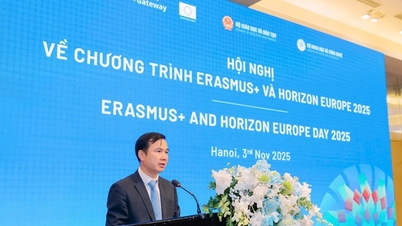

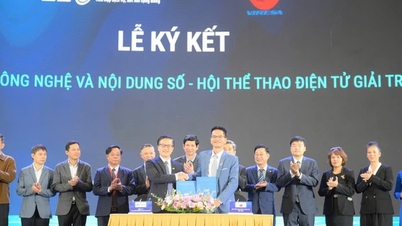






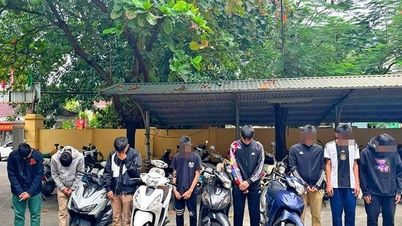


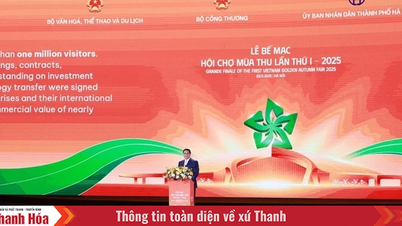


















Comment (0)